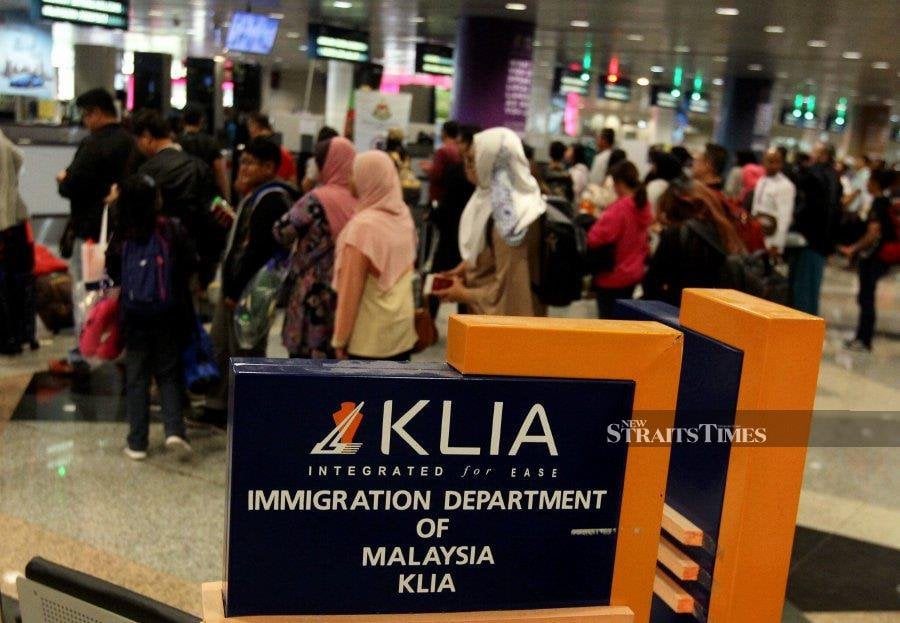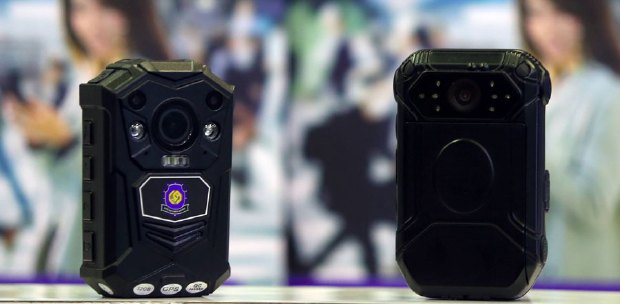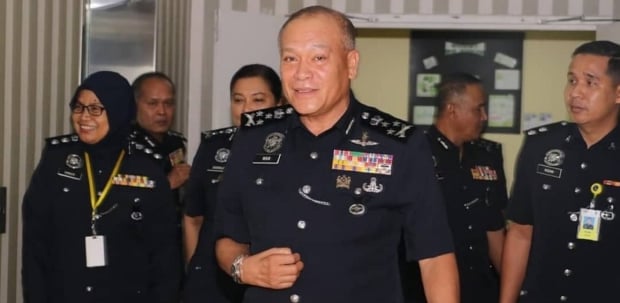KUALA LUMPUR: The use of body-worn cameras for Immigration officers is among several proposals to improve the standard procedures and protocols for handling travellers who have been denied entry into the country.
William Leong Jee Kin (PH-Selayang), who is Special Select Committee on Human Rights, Elections and Institutional Reform chairman, said Immigration officers should be more flexible as there had been a change in travelling patterns and trends. He also called for an end to the practice of confiscating mobile phones.
"Nowadays, people no longer carry physical return flight tickets. Most of them store it in their phones. They also do not need to show that they have a certain amount of money on hand as most travellers use e-wallets and credit cards.
"Not all travellers stay in hotels now, and some go for other types of lodging, such as AirBnBs or others," he said at a press conference in Parliament today.
He also said Article 5.9 and 5.9.1 of the International Civil Aviation Organisation should be considered for inclusion in the amendment to the Immigration Act 1959/63, in line with the international guidelines.
Committee member Khoo Poay Tiong said the proposal for body-worn cameras was prompted by an incident last year, during which Tourism, Arts and Culture Minister Datuk Seri Tiong King Sing had to enter Immigration counters at the KLIA Terminal 1 arrival hall to "rescue" a Chinese national who was detained upon entering the country.
The Kota Melaka member of parliament said the wearing of body-worn cameras could prevent such incidents from recurring, and ensure that there was transparency and accountability.
"There have been incidents where (travellers) had complained that they were brought to a dark room, detained and asked for bribes.
"That's why we are asking for Immigration officers to be rotated every three to six months, and wear body-worn cameras. We want to be fair to all, including Immigration officers."







